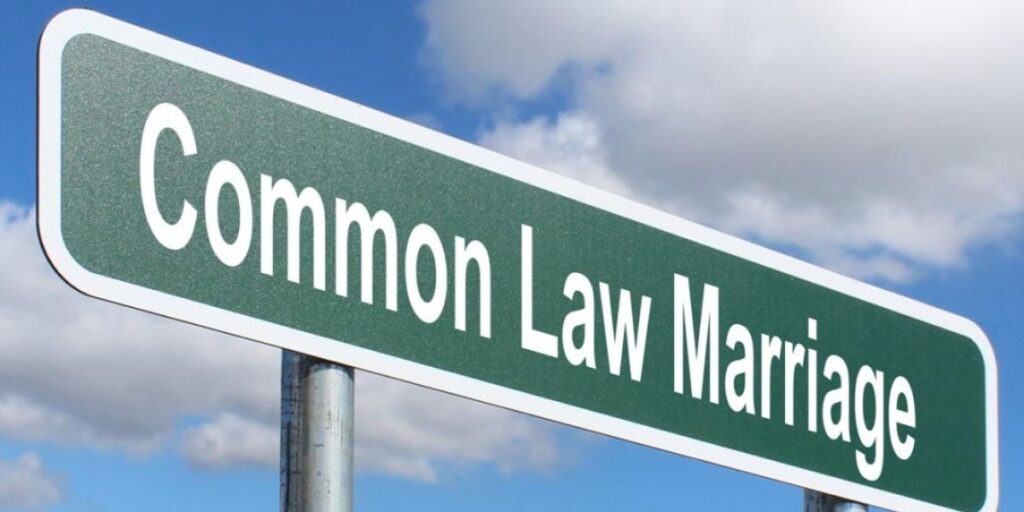Rhode Island is one of the few U.S. states that recognizes common law marriage under certain conditions. If you and your partner have lived together for a long time and act as a married couple, you might be legally married without ever having gone through a formal ceremony.
Understanding the legal rules and exceptions in Rhode Island is essential if you’re in a long-term relationship and wondering about your rights.
What Is Common Law Marriage?
A common law marriage is a legally recognized union between two people who live together and present themselves as married — without a marriage license or ceremony. While many states have abolished this concept, Rhode Island still recognizes common law marriage, provided certain criteria are met.
Legal Requirements for Common Law Marriage in Rhode Island
To be considered legally married under common law in Rhode Island, you must demonstrate:
1. Cohabitation
You and your partner must live together continuously. There is no specific time requirement, but the duration and stability of the relationship are significant factors in proving common law marriage.
2. Mutual Agreement
Both partners must have a mutual and genuine intent to be married. This agreement doesn’t need to be written but must be clear through your actions and lifestyle.
3. Holding Out as Married
You must “hold yourselves out” to others as a married couple. This could include:
- Using the same last name
- Referring to each other as husband/wife/spouse
- Filing joint tax returns
- Sharing bank accounts
- Listing each other as spouses on legal documents
4. Community Recognition
Friends, family, employers, and others should recognize you as a married couple. Testimonies and documentation can help prove this aspect in court.
Read Also: Common Law Marriage in Montana: Legal Requirements and Exceptions
Exceptions and Challenges
Even if you meet the above criteria, Rhode Island courts do not automatically declare a common law marriage. A judge must determine whether the relationship qualifies during legal proceedings such as:
- Inheritance disputes
- Divorce and property division cases
- Insurance or benefits claims
If you are not sure whether you’re in a common law marriage, you may have to prove it in court. The burden of proof lies on the person claiming the existence of the marriage.
Ending a Common Law Marriage
Just like a traditional marriage, a common law marriage must be formally dissolved through divorce proceedings if the couple separates. There’s no shortcut just because there was no ceremony — your rights and obligations are the same as any legally married couple.
Why It Matters
Understanding your marital status is crucial in situations involving:
- Health care decisions
- Estate planning and inheritance
- Access to spousal benefits
- Property ownership and division
If you’re in a committed, long-term relationship in Rhode Island, it’s worth clarifying your legal status — especially if you’re sharing property or planning a family.
Final Thoughts
Rhode Island continues to acknowledge common law marriages, but proving one exists can be complex. If you believe you’re in such a union, consider consulting with a family law attorney to protect your rights and understand your obligations.
Whether you’re planning to formalize your relationship or simply want legal clarity, understanding Rhode Island’s approach to common law marriage is a smart step forward.




More Stories
Common Law Marriage in Rhode Island: Legal Requirements and Exceptions
Common Law Marriage in Rhode Island: Legal Requirements and Exceptions
Common Law Marriage in Rhode Island: Legal Requirements and Exceptions